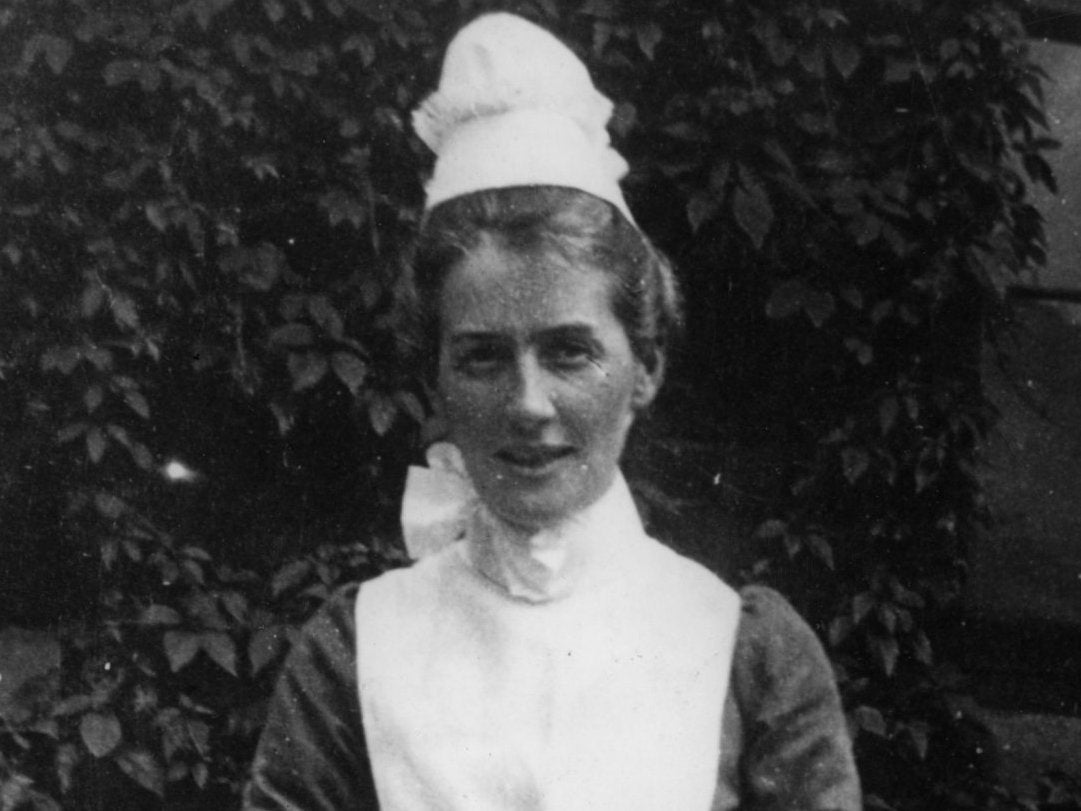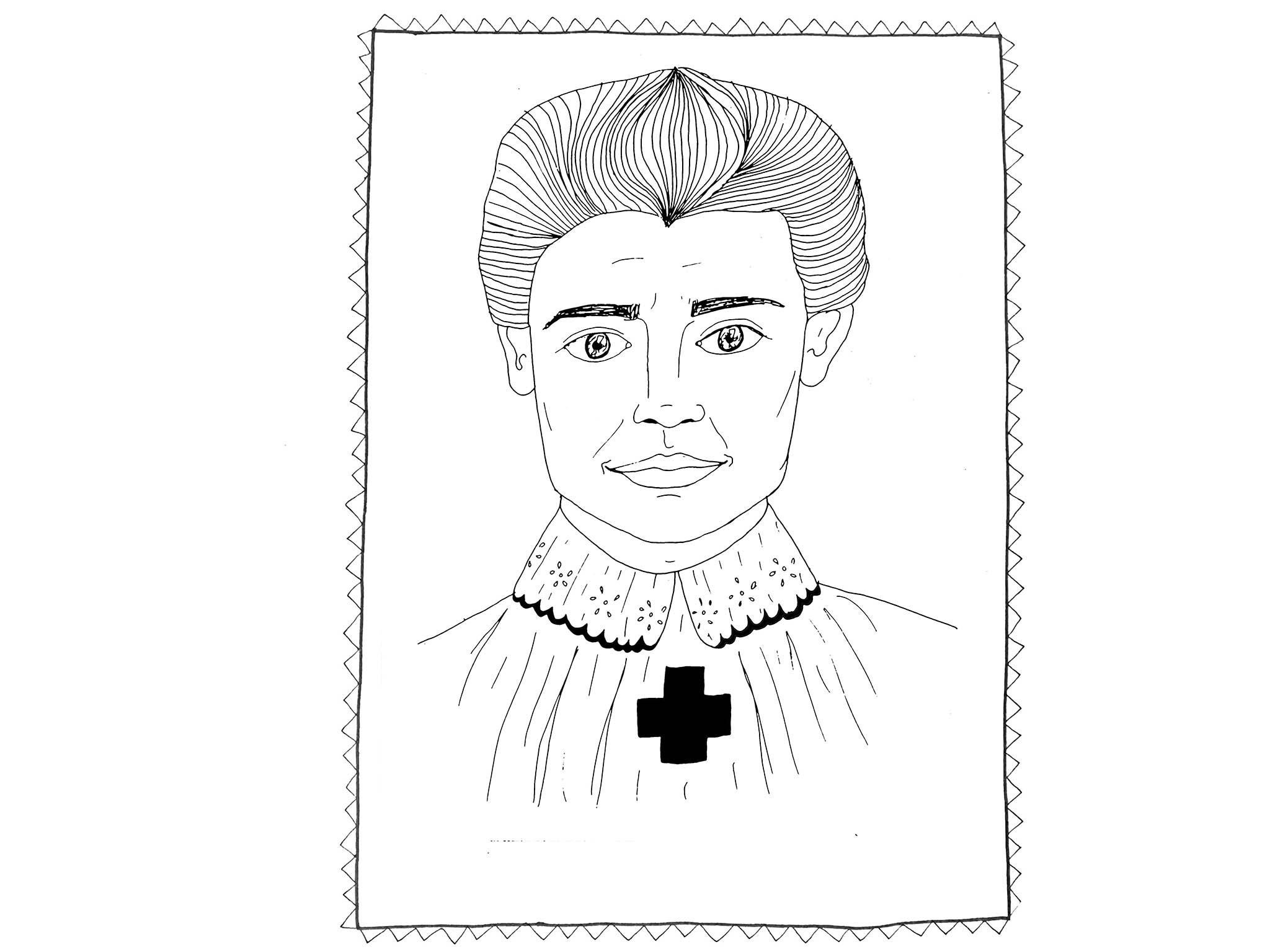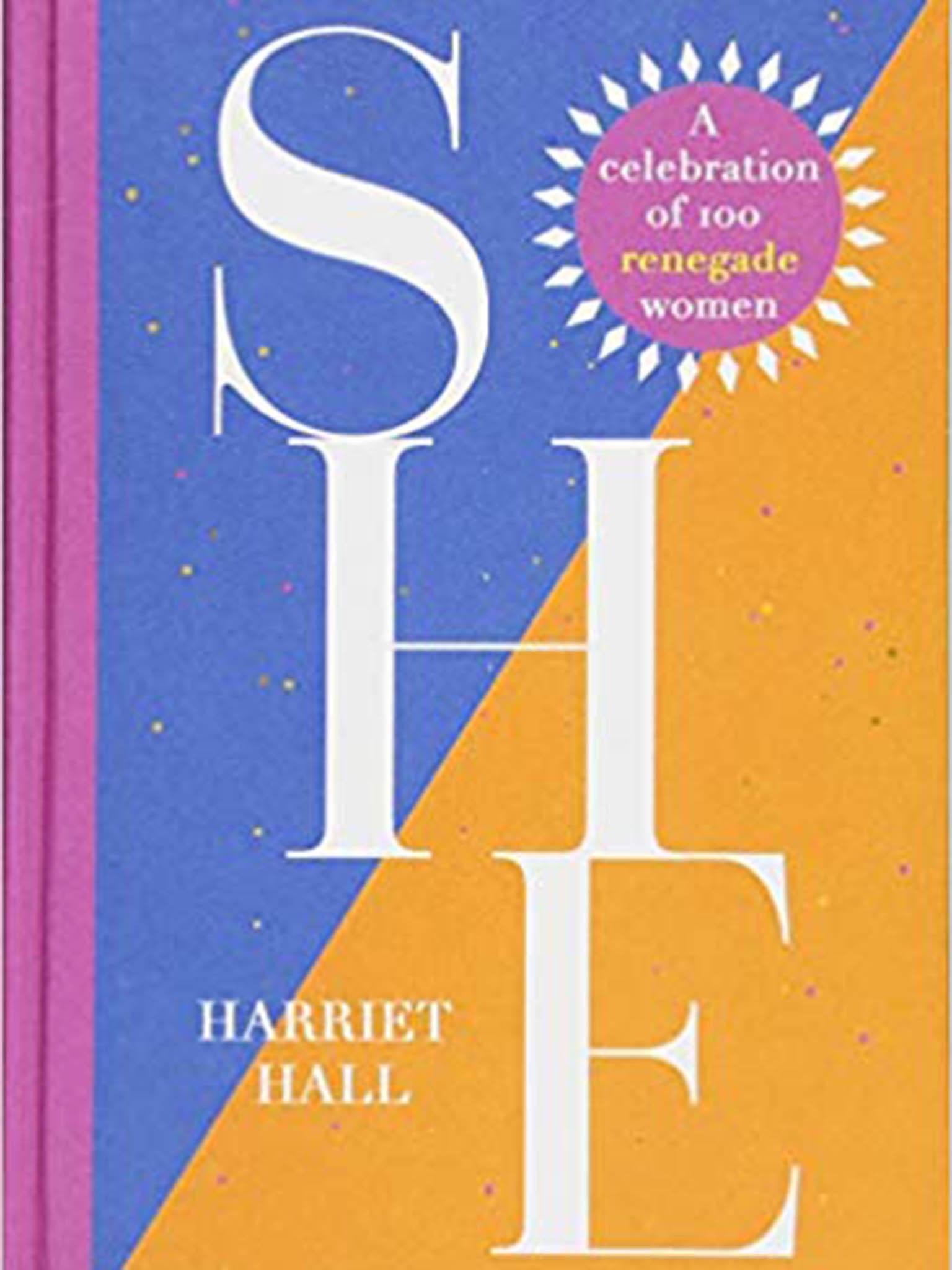The Independent's journalism is supported by our readers. When you purchase through links on our site, we may earn commission.
Forgotten Women: Edith Cavell, war hero nurse who became a spy
Continuing our column on the lives of ordinary women behind extraordinary stories, this month’s renegade woman’s courage and heroism in the face of grave danger marks her out as someone to always be remembered


Reading through most accounts of history, we could be forgiven for assuming that women were not the warriors, the great thinkers nor the pioneering scientists who shaped and changed our world.
That men alone birthed art, churned out literature and fiercely challenged the status quo, while women functioned only within the domestic realm. But though the canon has perpetually erased the contribution of women and their work has been systematically discredited, devalued and derided, their light has doggedly broken through the cracks.
She: A Celebration of 100 Renegade Women is dedicated to making the stories of women heard.
The excerpt below from the book celebrates one of the women who put the lives of others above and beyond her own, and deserves a place in the history books alongside the men already there.
Edith Cavell was included because when we think of heroic medical professionals from history, Florence Nightingale’s name is often at the top of the list – and for good reason.
And yet, her name is rarely spoken.
For such a historically gendered profession, you’d think a nurse like Cavell – whose remarkable bravery and fortitude mark her out as a real-life hero – would be a household name. And yet, following in the pattern of women throughout history being more often disregarded than not, Cavell’s impact has been largely lost to time. And for those whom Cavell’s name does ring a bell, it is often for the wrong reasons.
Remembered as a woman who indiscriminately saved soldiers from both sides of the German-Austrian conflict in the First World War, Cavell was actually doing far more than just the gruelling challenge of saving lives.
Devastatingly, the very thing she risked her life to counteract – war and conscription – was fuelled using her name following her assassination. For these reasons, she was a clear inclusion for this book about #RenegadeWomen.
Edith Cavell, Nurse and spy
4 December 1865 – 12 October 1915, UK

“It wasn’t until a century after her death that Edith Cavell’s true identity was revealed.
Cavell had trained as a nurse and in 1907 was recruited to head up a new nursing school in Belgium.
At the outbreak of the First World War, Cavell was in the safe environs of Norwich visiting her father. When she heard the news, she returned immediately to Brussels to help.
There she treated casualties from both sides, caring for German and Austrian soldiers without prejudice.

Soon she began helping in other ways, too. Cavell and her comrades started smuggling Allied soldiers out of German-occupied Belgium, saving 200 men in a single year.
In August 1915, her work was discovered by the Germans, who tried her for treason and placed her in solitary confinement.
The international pressure to release Cavell was enormous, but on 12 October 1915 she confessed and was executed by firing squad.

This ruthless punishment sparked outrage worldwide and she was hailed a martyr. Her death was leveraged as propaganda to drive conscription – something Cavell strongly objected to.
Upon the centenary of her death, evidence of Cavell’s involvement in an espionage network was revealed. Sewn into the clothes of the soldiers she saved were secret messages that passed vital intelligence to the Allies. Today, Cavell is remembered as a war hero.”
Extracted from ‘She: A Celebration of 100 Renegade Women’ by Harriet Hall, published by Headline Home is out now, £12.99. You can buy it here
Join our commenting forum
Join thought-provoking conversations, follow other Independent readers and see their replies
Comments
Bookmark popover
Removed from bookmarks